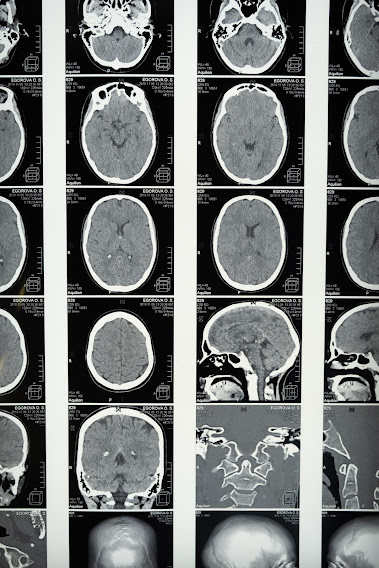1. Artificial intelligence (AI) refers to the use of machine learning algorithms and natural language processing to simulate human intelligence and carry out tasks that typically call for human cognition. Drug discovery, clinical decision support systems, image analysis, and the management of electronic health records are just a few of the many medical uses of AI.
AI might be used to assess medical images and aid in detecting early signs of sickness, for example. Furthermore, AI-powered chatbots can steer patients to the appropriate care by delivering accurate information about their symptoms.
2. Technology is used in telemedicine to provide remote medical care and consultation. By reducing the need for in-person visits and increasing access to treatment for patients in underserved or rural regions, telemedicine allows patients to get care from the convenience of their own homes or other remote locations.
Telemedicine may provide a number of services, such as tele-ICU treatments, remote monitoring of patients with chronic conditions, and virtual consultations. It may also save healthcare costs while improving patient outcomes.
3. Utilising genetic data and other patient data, personalised medicine adapts medical treatment to each patient's unique needs. As genomes and other technologies advance, personalised medicine has the potential to improve the diagnosis and treatment of a variety of disorders.
For example, genetic testing can identify persons who are predisposed to certain diseases and assist guide therapeutic decisions. Similarly, the use of wearable technology and other health monitoring equipment can provide clinicians with real-time information on a patient's health status, allowing for more specialised care.
Overall, developing technologies have the potential to change the way we provide and receive medical care. They have the potential to enhance patient outcomes, lower costs, and increase access to care, so making healthcare more efficient and effective.




Comments
Post a Comment